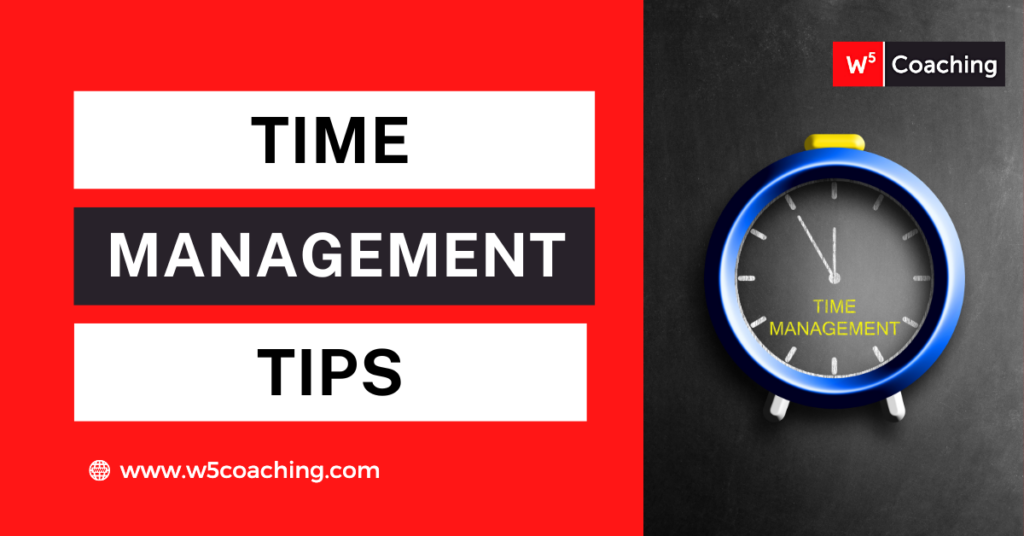How to get out of the productivity trap

Podcast Interview: 2 Critical Time Management Tips To Keep You Out Of the Productivity Trap
We all have 24 hours a day, 7 days a week.
Why do some people manage to get more out of each minute than others?
I was recently interviewed on the Mads Singers Management podcast where we addressed that question.
Tune in for 30 minutes of advice and perspective about managing your time to achieve greater heights of success: Mads Singers podcast interview with John Nieuwenburg
Here’s what we covered:
- How most small business owners approach their calendars from the wrong direction – and what they should do instead
- The priority-setting questions you need to ask yourself each week and each day
- What it really means to have priorities (and the hardest part about choosing them)
- How a counter-intuitive response to client and customer demands is actually the best way to serve them
- One simple planning routine that will take only a few minutes, but will also lower your stress and help you sleep better
- The high cost of disruption and how to avoid it
- How to balance being responsive and available with uninterrupted focus time
- How changing your environment can help you easily build new habits without exerting a lot of willpower
- How re-phrasing one simple question can help you massively increase your productivity
- Why you need to personalize and adapt your approach to time management
- My number one book recommendation for time management
Want more time management advice? Check out my Ultimate Guide to Time Management and Productivity
Of course, when it comes to improving your business, the BEST time management tip is to hire a business coach! 😉
If you’d like to fast track your way to success, click here: book 15 minutes with John

Build a Self-Managing Company
How to build a business that runs smoothly, profitably, and (mostly) without you.
Feeling stressed out and overwhelmed with a business that is taking all your time - and not giving you enough in return?
Are you finding it challenging to hire the right team (and get them to do the right things)?
I wrote this little guide for you!
Enter your details below to receive your free copy!
